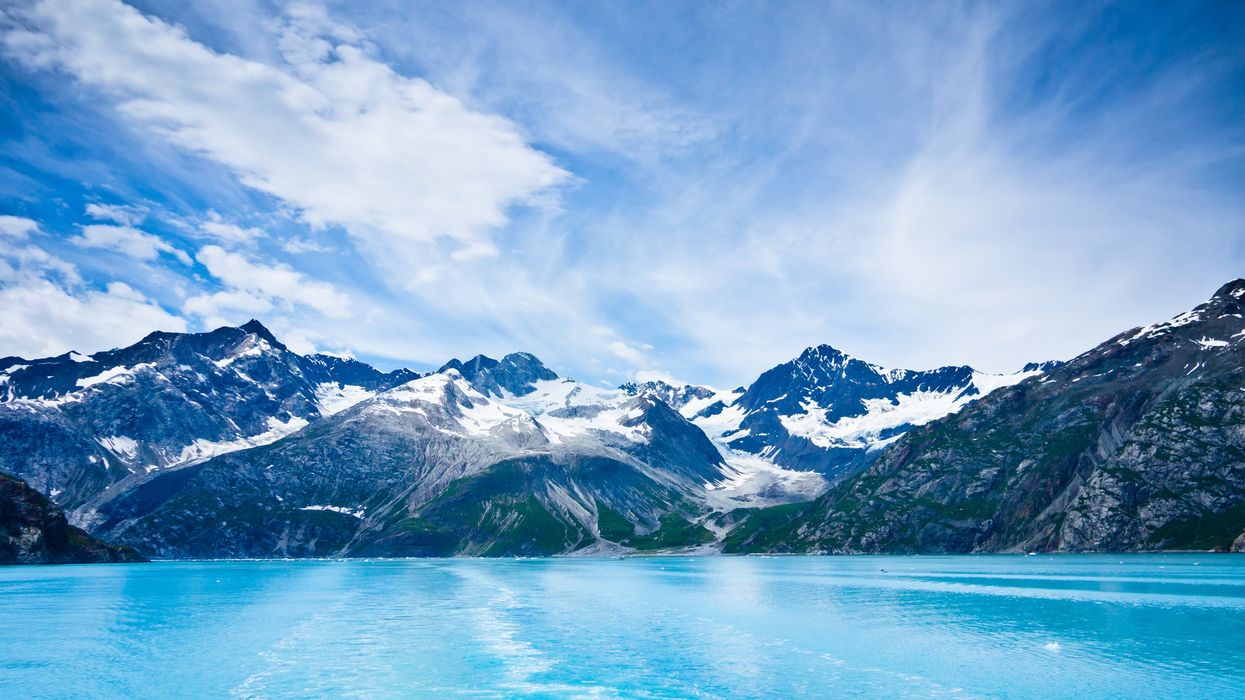Science & Tech
Sinead Butler
Sep 04, 2024

Stock photo of Alaska
iStockphoto by Getty Images
You've heard of the Bermuda Triangle, but do you know about the so-called Alaska Triangle?
Located roughly around three points of Anchorage and Juneau in the south, and Utqiagvik, a northern coastal city, it's an area that has more unsolved missing person cases than anywhere else in the world.
In fact, since the early 1970s, more than 20,000 people have vanished within this vast triangle which is significantly high given how sparse in population the location is, IFL Science reported.
Statistically speaking, Alaska has twice the national average of disappearances with an average of 2,250 people vanishing each year.
Notable figures who have disappeared in the triangle include two politicians, US House Majority Leader, Thomas Hale Boggs Sr and Alaska Congressman, Nick Begich.
On October 16, 1972, the pair were flying alongside Begich's aide, Russell Brown, and the pilot, Don Jonz in an aircraft from Anchorage to Juneau when they went missing.
Despite a big search being carried out to try and locate the four, ultimately neither the bodies nor the plane were ever found.
Of course, this sparked conspiracy theories as to what could've happened - particularly since Boggs was a Warren Commission member (the official body created to investigate John F. Kennedy's assassination) and apparently did not agree with findings the group had made.
However, what happens to those who go missing in the Alaska Triangle doesn't always remain a mystery.
Gary Frank Sotherden from New York was never seen again after the 25-year-old travelled to the remote area to hunt in the 1970s and two decades later in 1997, a human skull was discovered along the Porcupine River in northeastern Alaska and DNA was later recovered in 2022.
It was concluded the skull belonged to Sotherden and believed he most probably died after being mauled by a bear.
So what exactly is causing all these people to go missing in this particular area?
While things like this can be a playground for conspiracy theories, everything from magnetic activity to aliens, the reason for the rate of missing people is down to the remote wilderness of the area.
As the largest US state, only 1/20th of 1 per cent of Alaska is actually inhabited with 730,000 people living in an area that stretches 663,300 square miles.
Sign up to our free indy100 weekly newsletter
How to join the indy100's free WhatsApp channel
Have your say in our news democracy. Click the upvote icon at the top of the page to help raise this article through the indy100 rankings.
Top 100
The Conversation (0)













